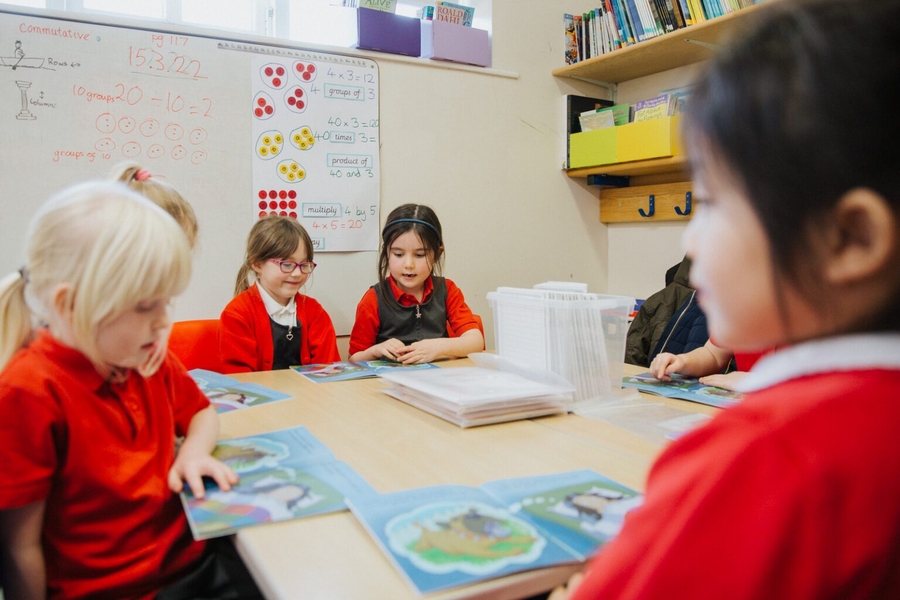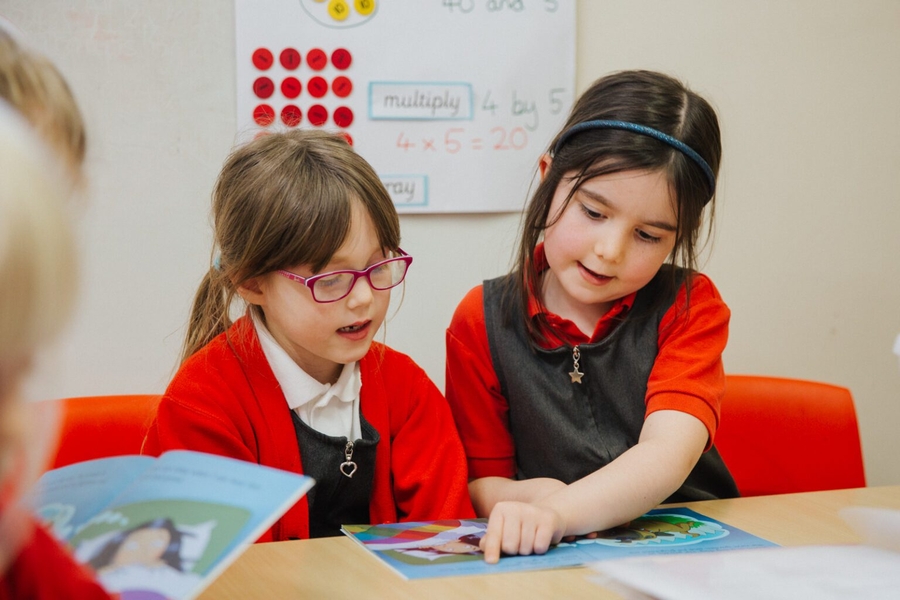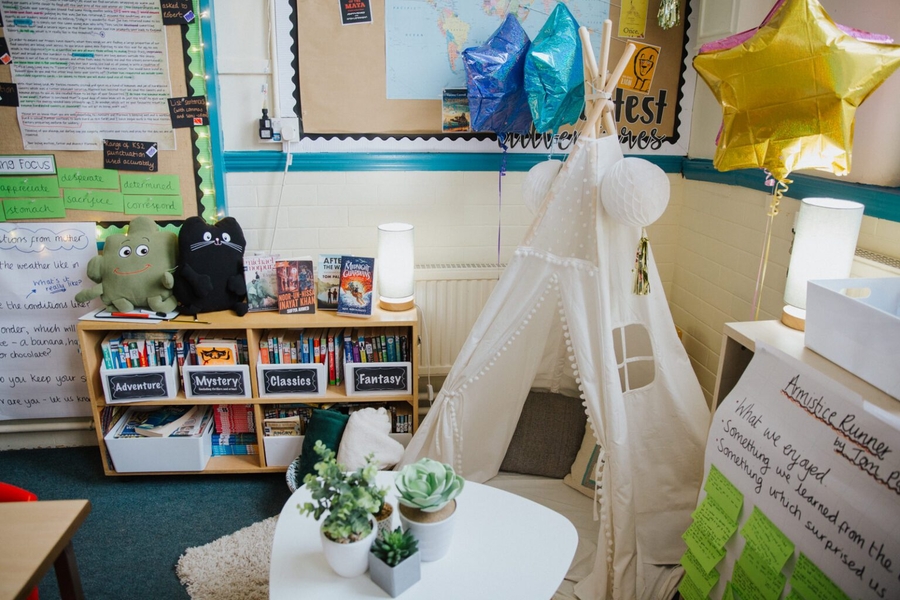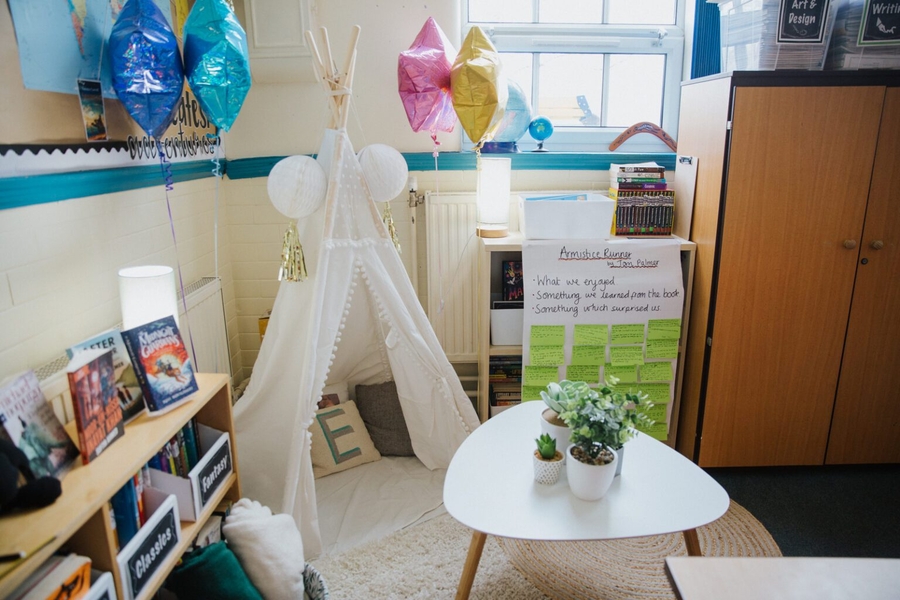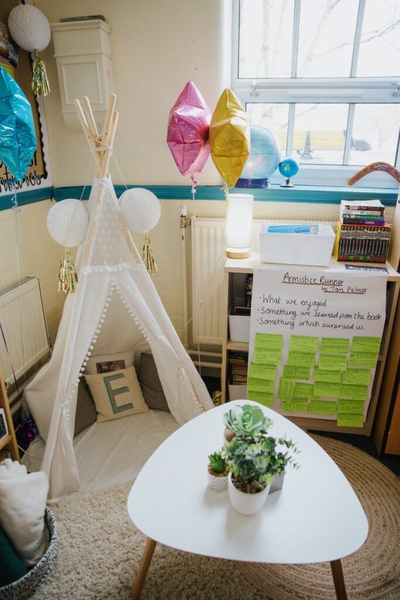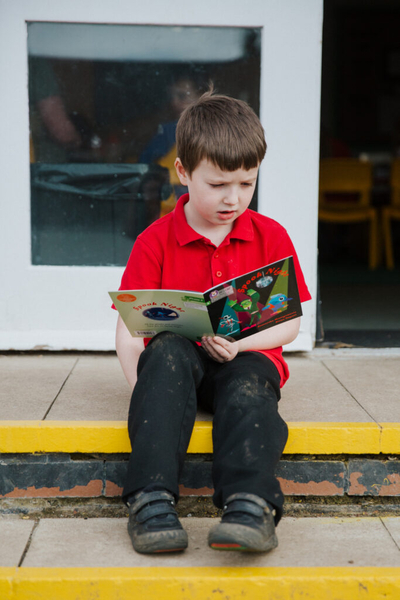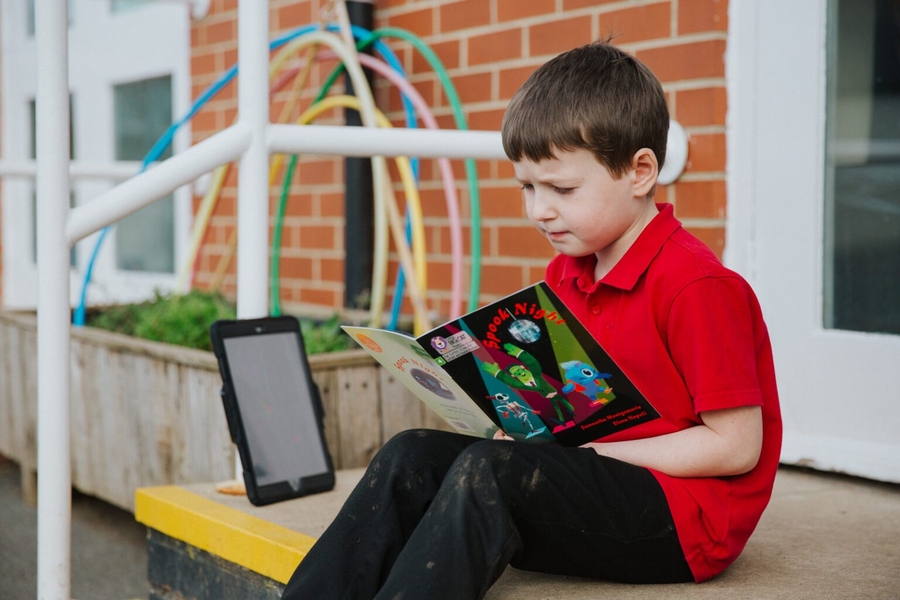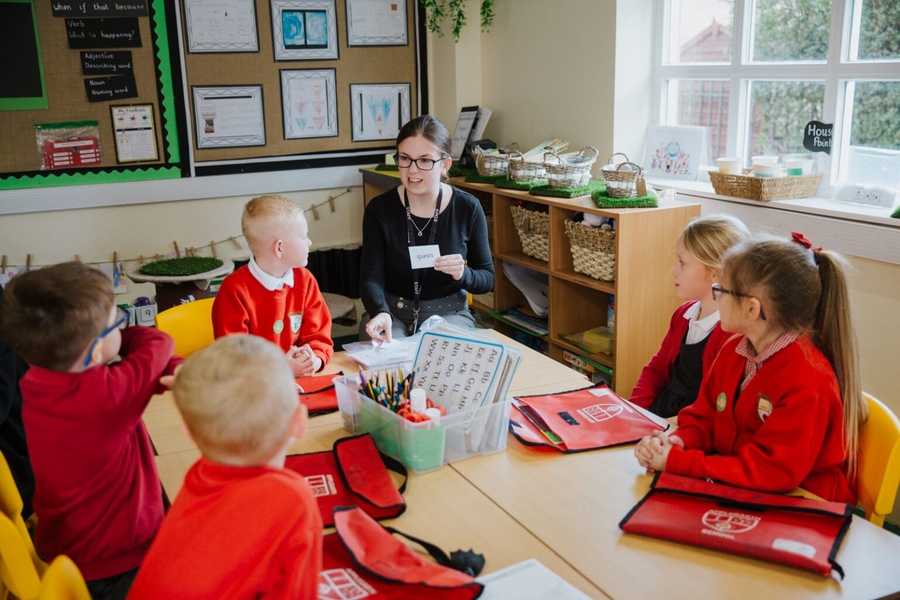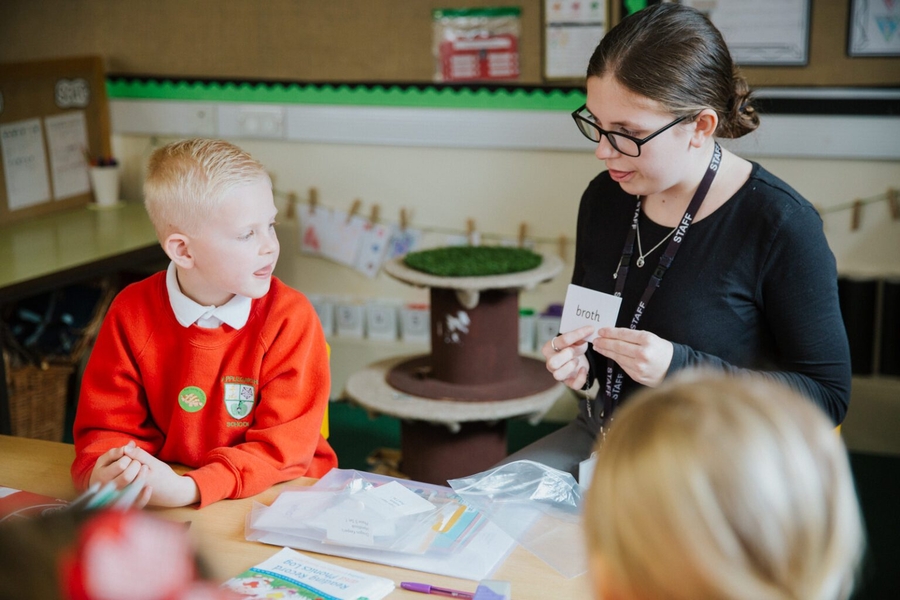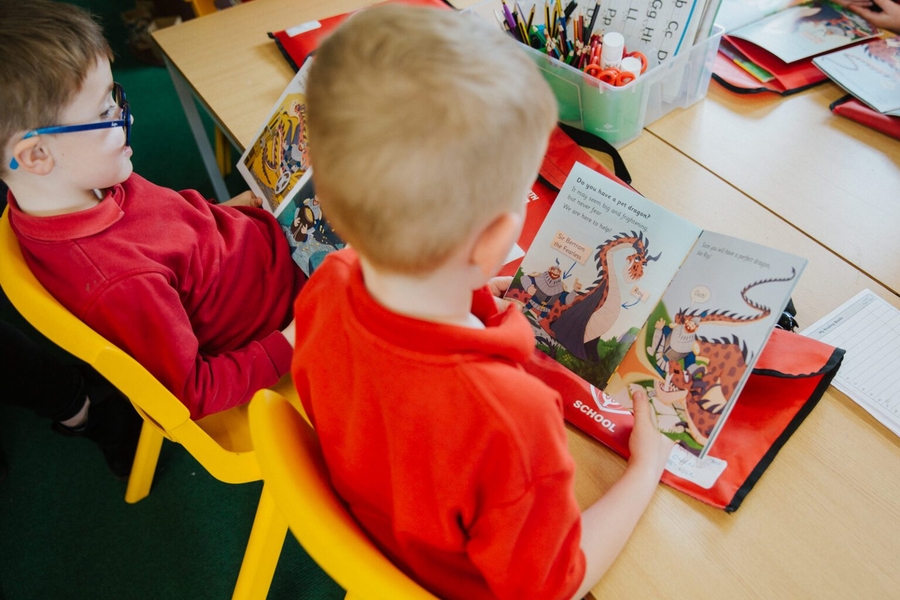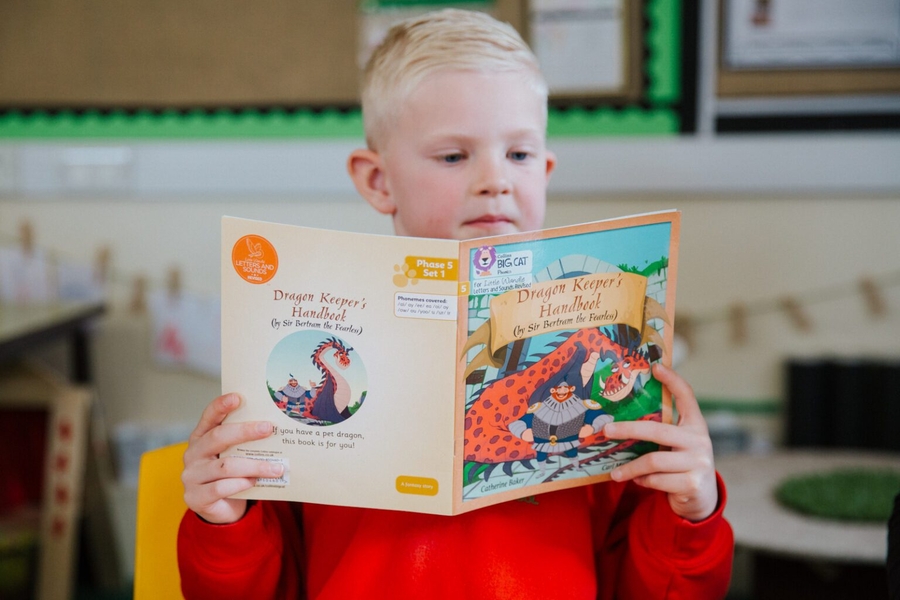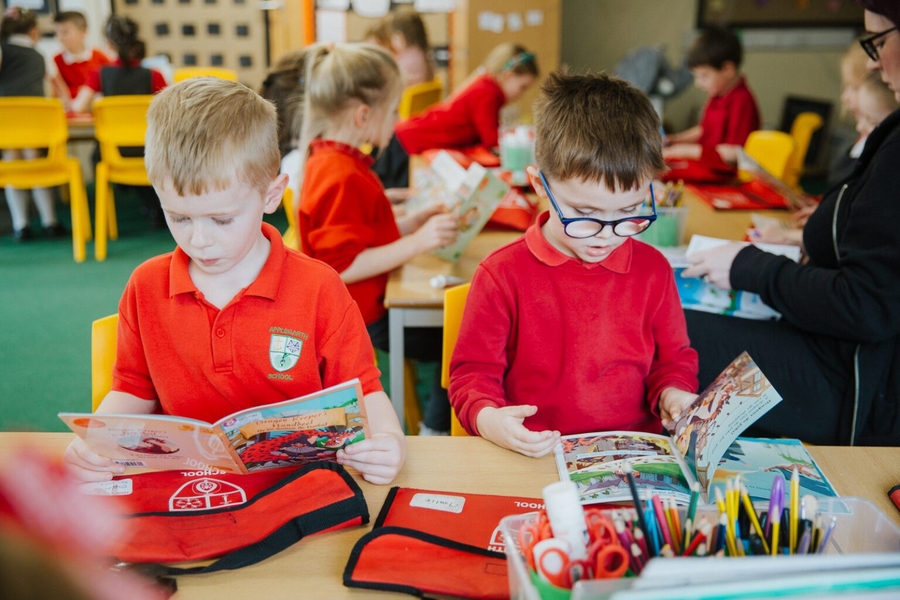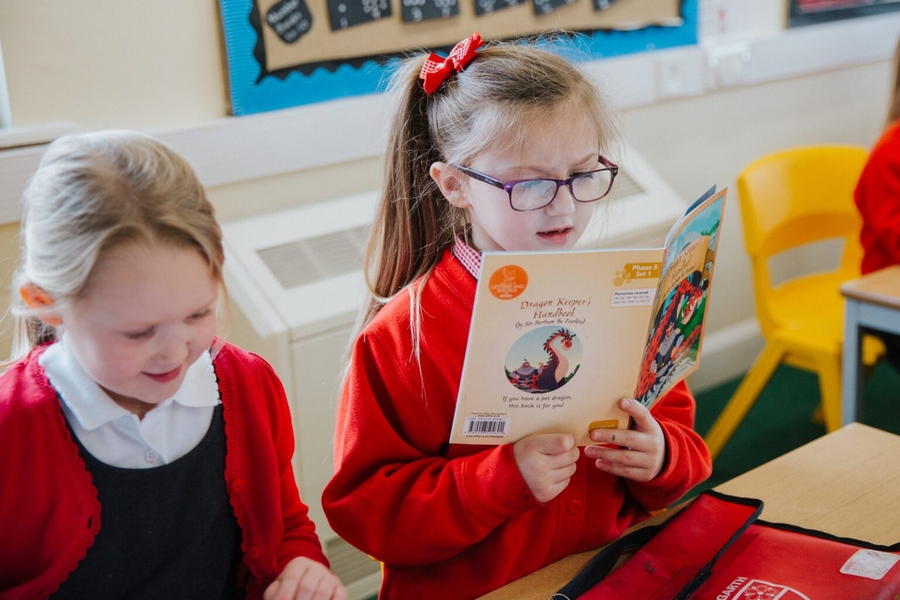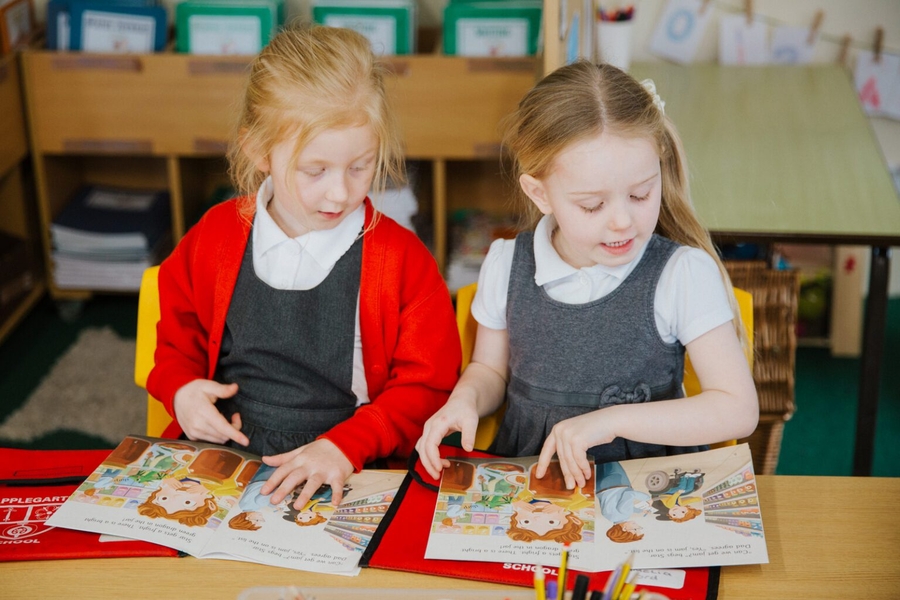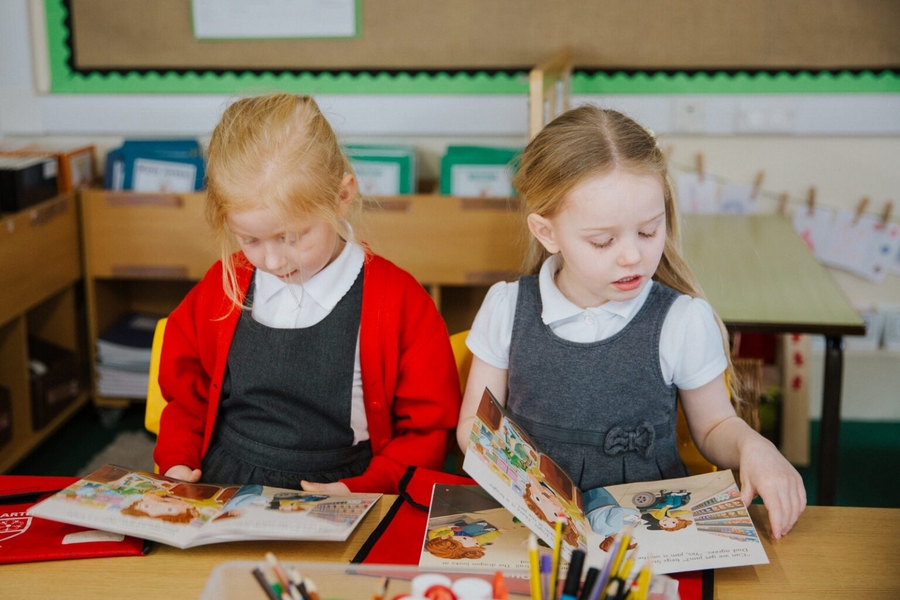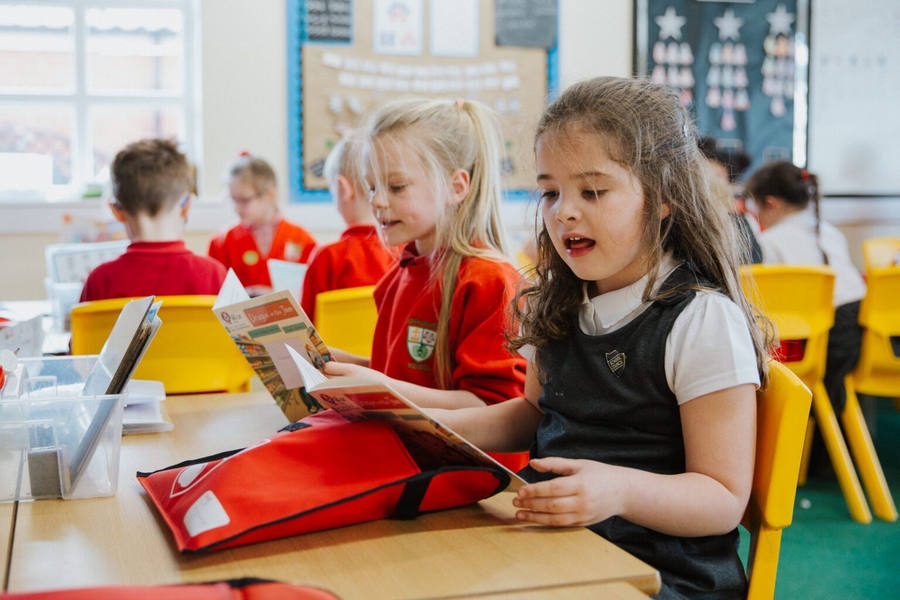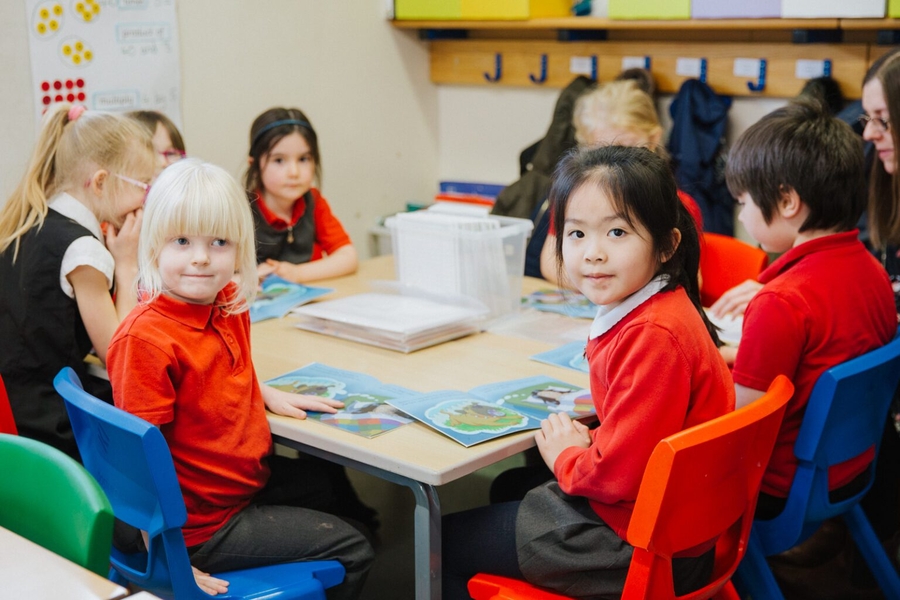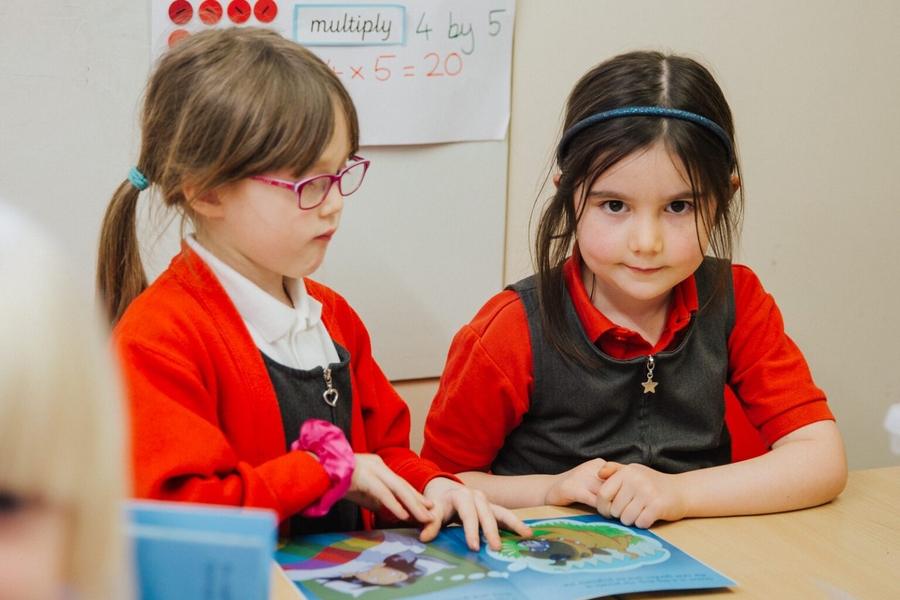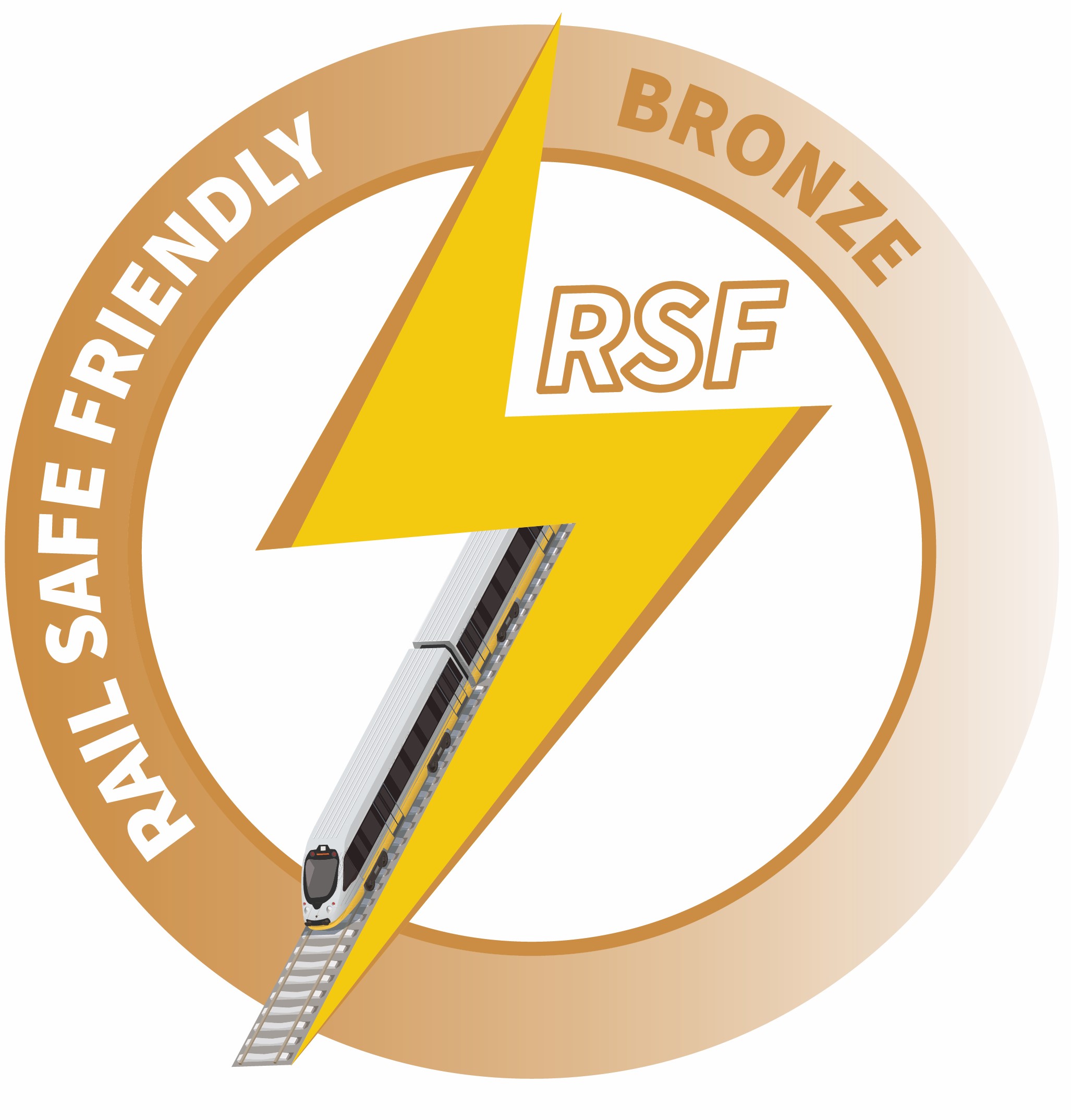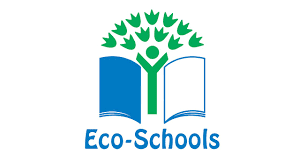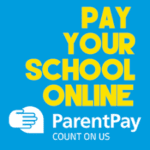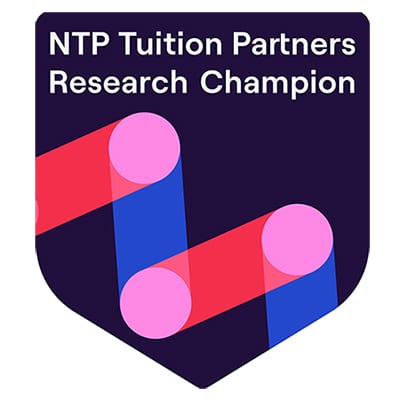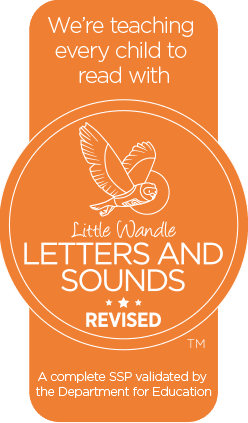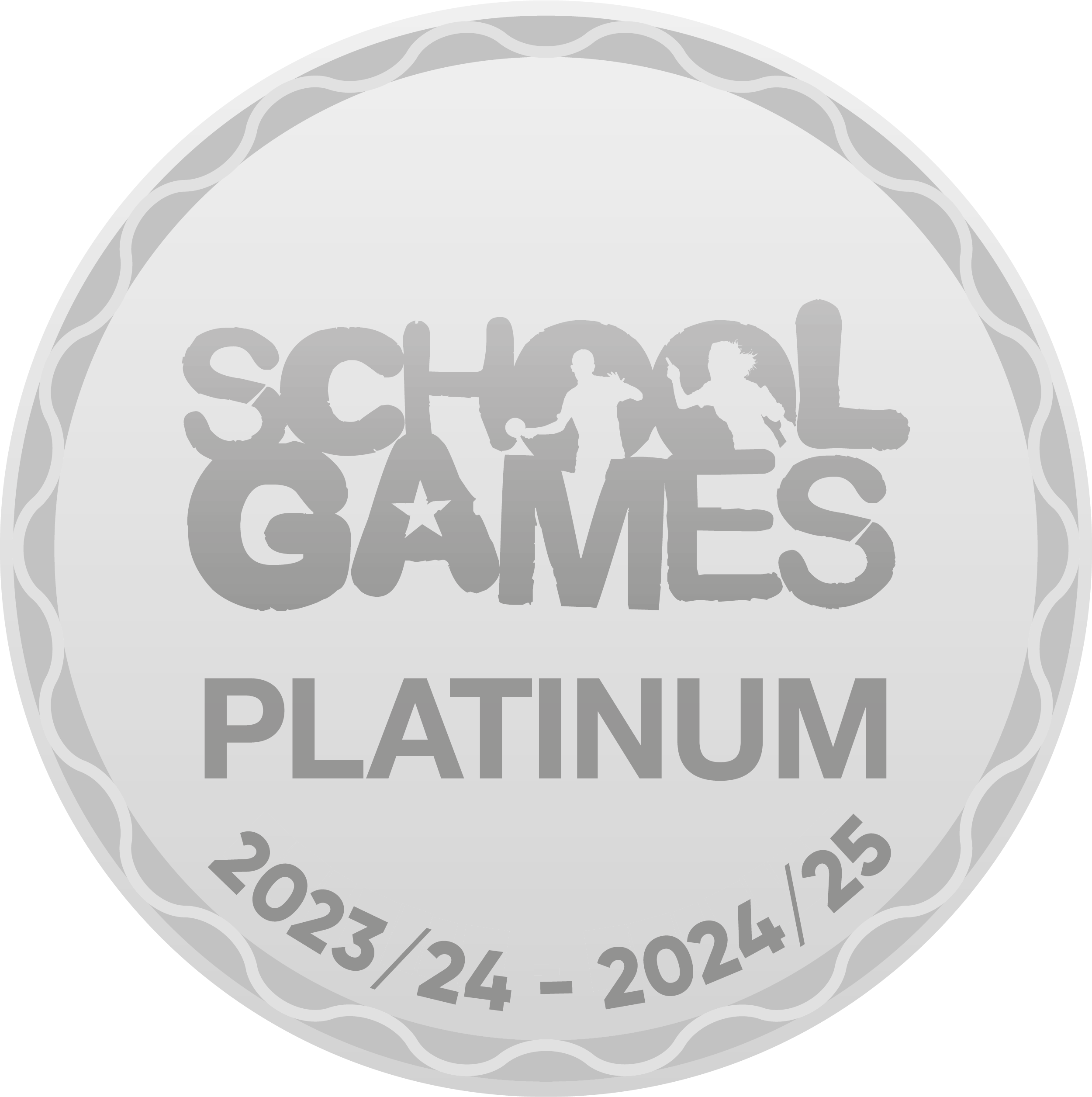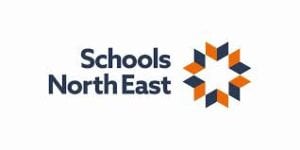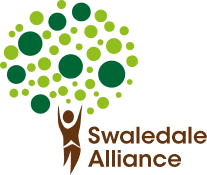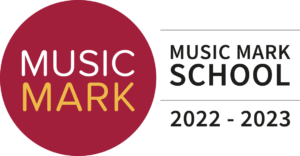Subject Leader: Mrs Mitchell
At Applegarth Primary School, we believe that for all our children to become fluent readers and writers, phonics must be taught through a systematic and structured phonics programme.
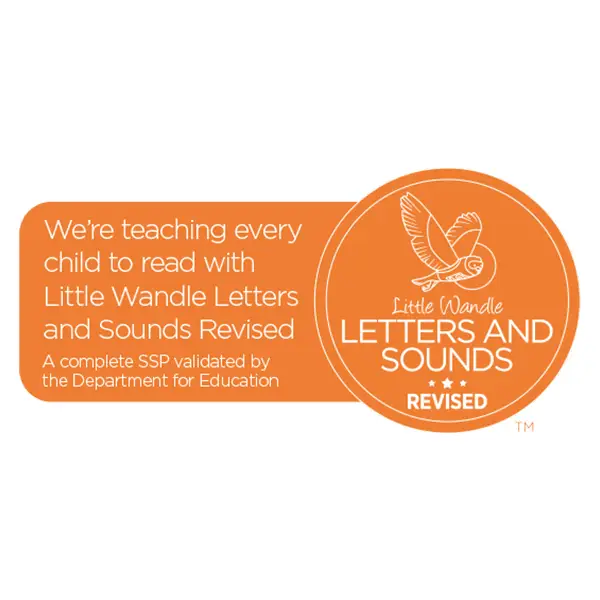
At Applegarth, we use the Little Wandle Letters and Sounds Revised programme to plan and deliver daily, fun, and engaging phonics lessons. Phonics is how we teach children that letters represent sounds, and these sounds can be blended together to read and write words. Children learn to recognise the different sounds and sound combinations they might come across in their reading and writing. Phonics teaching starts in Reception and follows a clear, structured sequence. This helps children build on what they already know and master new skills as they move through school. As a result, our children become confident readers who can tackle new or unfamiliar words independently.
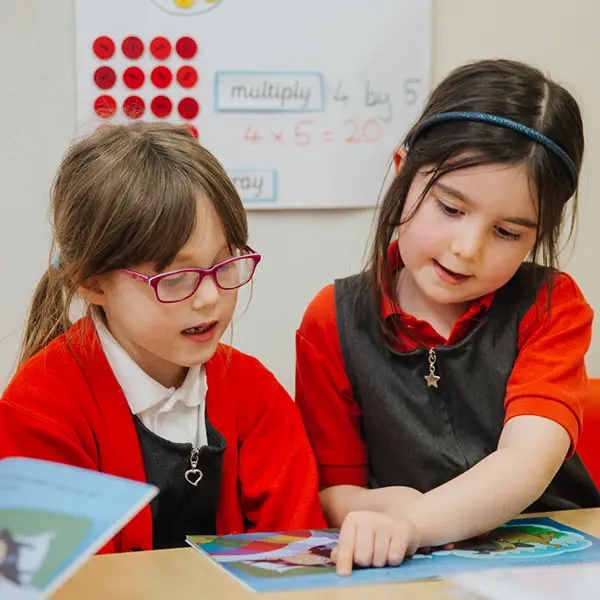
In Year 2, children move on to the Little Wandle Spelling programme, which builds on their phonics knowledge and helps them learn important spelling rules and patterns. Children are taught how to break words into sounds and syllables, spot root words and endings (like –ing or –ed), and apply spelling strategies to their writing. These skills are practised daily and reinforced across all subjects to help children become confident, accurate spellers.
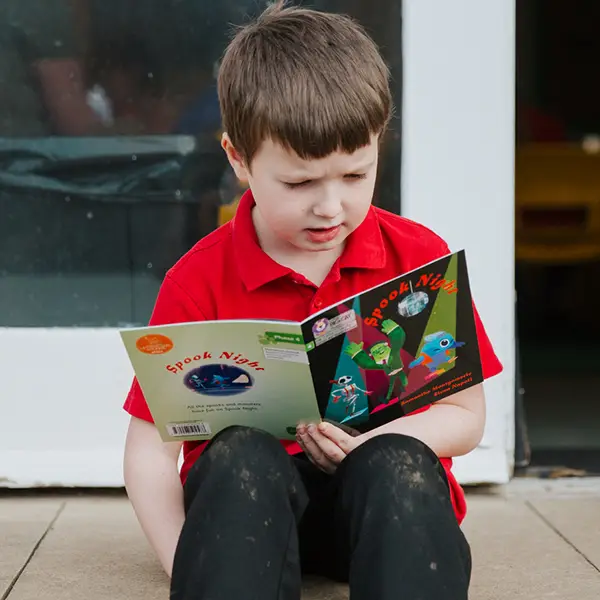
We also model phonics and spelling strategies during shared reading and writing throughout the day, not just in phonics lessons. We place a strong emphasis on developing speaking and listening skills, as we know these are essential for success in reading and writing across the curriculum.
All teaching staff, learning support assistants and senior leaders at Applegarth Primary have been fully trained in the delivery of Letters and Sounds:
Documents – Phonics and Early Reading
| Phonics and Early Reading Policies & Documents | Download |
| Glossary of Terms | Download |
| Programme and Progression Overview | Download |
| Certificate of Completed Training | Download |
| Phonics and Early Reading Policy | Download |
At Applegarth School, we are passionate about ensuring all our pupils are given plenty of opportunity to read for pleasure and develop a lifelong love of reading. It is for this reason that all our early readers will bring home a Read to Me book which is a text chosen by the child for sharing, enjoyment, engagement and togetherness. Our Read to Me books have been carefully curated by staff in order to promote a love of literature and embed a rich literary base within school. Pupils are free to change these books as many times as they want.
The Phonics Screening Check
Supporting Your Child at Home
The Little Wandle Parent Support Page This page provides a wealth of up-to-date information accessible to all parents for supporting your child or children with phonics. The page includes a range of very useful videos and downloads for use at home. Please note that when Little Wandle states ‘sharing book’, this the same as our ‘Read to Me’ books used for home reading.
Supporting your Child with their Reading at Home
Although your child will be taught to read at school, you can have a huge impact on their reading journey by continuing their practice at home.
There are two types of reading book that your child may bring home:
Reading Practice Book
Each week, your child will read with an adult at school at least three times. They will be given a book that is carefully matched to their current reading level. This same book will then be sent home for you to enjoy together.
If your child finds the book quite easy, please don’t worry — they have already read it at school, so it won’t be new to them. This is intentional. The goal is to help them build fluency, comprehension, and confidence in their reading.
At home, we encourage you to:
- Listen to your child read the book aloud.
- Celebrate their success — praise their effort and progress!
- If they get stuck on a word, read it to them without pressure.
- Once they’ve finished, talk about the book together.
Helpful questions and key sounds to focus on can be found inside the front and back covers of the book.
Working together, we can help your child become a confident and happy reader!
.
Read to Me Book (Sharing book)
In order to encourage your child to become a lifelong reader, it is important that they learn to read for pleasure. The Read to Me book is a printed book your child has chosen for you to enjoy together. Read to Me books have been carefully curated by our staff and children’s books’ experts to include a wide range of genres, topics and authors. Your child will bring a Read to Me book home regularly; they may choose to change it regularly, or may hold onto a title they have loved for a little bit longer.
Please remember that you shouldn’t expect your child to read this alone. Read it to or with them. Discuss the pictures, enjoy the story, predict what might happen next, use different voices for the characters, explore the facts in a non-fiction book. The main thing is that you have fun!
Remote learning
https://www.youtube.com/channel/UCP_FbjYUP_UtldV2K_-niWw
If your child is accessing remote learning, please speak with your child’s class teacher, they will support you with accessing the correct resources.
Impact
Refer to the School Performance page.
Adobe Reader
You may need a product like Adobe Reader (free download) to view our PDF documents on our website.

